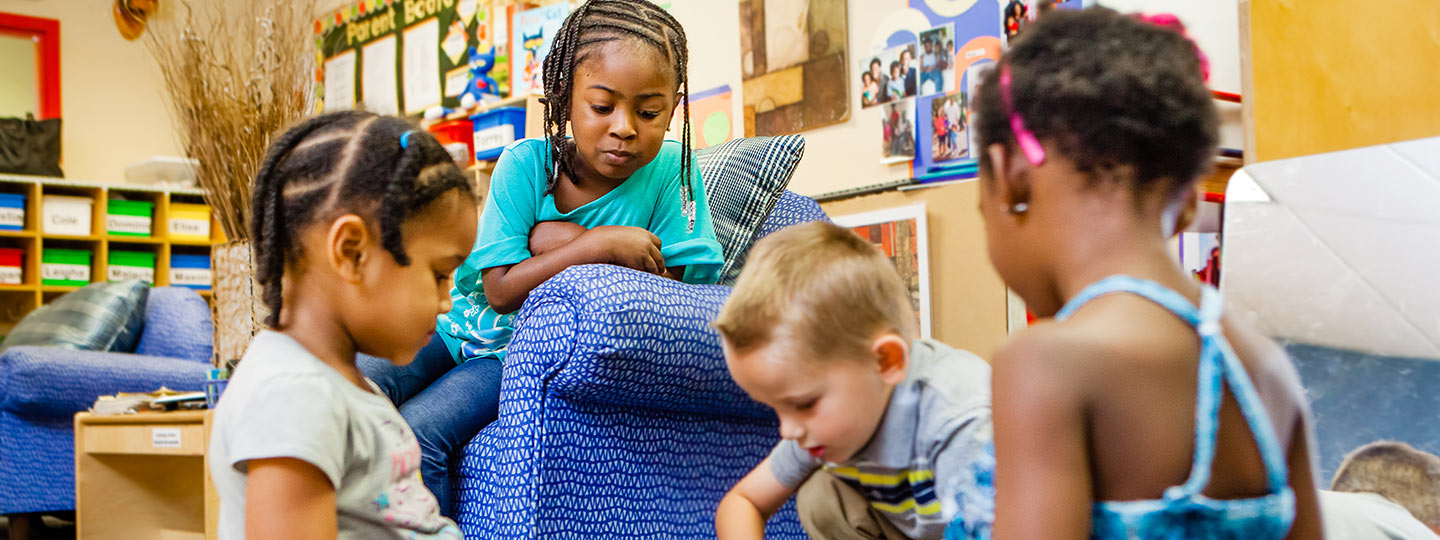Click below to view our complete guide of early childhood resources for policy makers.
Democrats, Republicans, and Independents support investments in early childhood programs. 88% of Georgia’s likely voters support using portions of lottery funds to provide voluntary Pre-K for 4-year-olds.
RESEARCH
Comprehensive birth-to-five early childhood programs result in a return on investment of 13% annually. The savings come from improving outcomes in education, health, social behaviors, and employment, all of which save taxpayers money and prepare the country for a more competitive workforce.
Child care challenges in Georgia affect parents’ participation in the workforce and can have far-reaching effects for families, employers, and the state’s economy as a whole. Recent research suggests that child care challenges lead to at least $1.75 billion in losses in economic activity annually.
POLLING
Georgia voters consistently recognize the importance of early care & learning and policies that support working families. For example, nearly 9 in 10 Georgia voters support paid family leave and 88% support funding to help low-to-moderate income families afford child care.
HIGHLIGHTED RESOURCES FOR POLICY MAKERS:
- Georgia’s Early Care and Education Landscape
- What Policymakers in Georgia Need to Know About Infant-Toddler Social-Emotional Health
- Early & Effective Diagnosis and Treatment – DC:0-5 is Key for Infant and Early Childhood Mental Health Services
- Childcare and Parent Services (CAPS): Helping Working Georgians Afford Child Care (Print Version)
